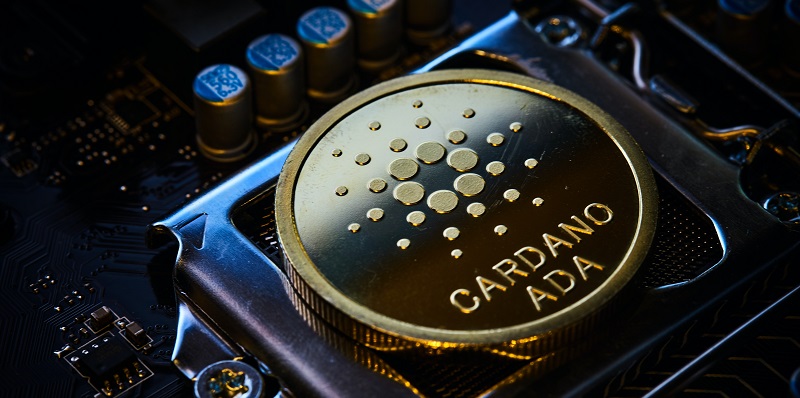Cardano blockchain, created by Charles Hoskinson in 2017, has emerged as a game-changer in the world of cryptocurrencies. With its recent addition of support for creating Non-Fungible Tokens (NFTs), Cardano is paving the way for a vibrant and robust NFT marketplace. This article explores the various aspects of Cardano’s NFT support, including the easy creation process, enhanced storage capability, wallet support, contributions to the NFT marketplace, limitations of current smart contract functionality, and the impact of the Voltaire upgrade.
NFT Support on Cardano
Cardano’s announcement of NFT support has breathed new life into the blockchain ecosystem. This development allows creators and artists to leverage the blockchain’s capabilities and create NFTs seamlessly. Additionally, Cardano facilitates the development of vibrant marketplaces like Jpg.share, where NFT enthusiasts can discover, buy, and sell unique digital assets.
Easy NFT Creation on Ada
The process of minting and creating NFTs on Cardano is remarkably straightforward. With user-friendly tools and interfaces, creators can effortlessly tokenize their digital assets. Moreover, Cardano’s native cryptocurrency, ADA, plays a crucial role in this process. Users can deposit ADA in their wallets to cover the minting transaction fees, ensuring a seamless experience for NFT creators and collectors.
Enhanced Storage Capability with IPFS
Cardano takes a futuristic approach to storage by implementing the InterPlanetary File System (IPFS). This cutting-edge technology enhances storage capability and ensures secure and robust data management on the blockchain. Through IPFS, Cardano revolutionizes the way digital assets are stored and accessed, establishing a foundation for scalable and decentralized applications.
Wallet Support for Cardano
To facilitate widespread adoption and ensure a seamless user experience, Cardano has gained support from various wallets. Popular wallets such as Daedalus and Yoroi provide users with easy access to the Cardano blockchain, allowing them to securely store, send, and receive ADA. This diverse wallet support further strengthens Cardano’s position as a formidable player in the blockchain industry.
Contributions to the NFT Marketplace
Cardano’s impact on the NFT marketplace cannot be understated. With its low transaction costs, sustainability, and incredible speed, it has emerged as an attractive platform for NFT creators and collectors. The blockchain’s efficient infrastructure ensures that artists can mint and trade NFTs without being burdened by exorbitant fees, thereby democratizing access to the digital art world.
Limitations of Current Smart Contract Functionality
Although Cardano showcases immense potential, it currently lacks the full functionality of smart contracts. This limitation restricts its ability to fully capitalize on the advantages of decentralized applications (dApps) and advanced NFT features. However, the Cardano team is actively working on introducing more comprehensive smart contract capabilities, which are eagerly anticipated by the community.
The Voltaire Upgrade
In its pursuit of continuous improvement, Cardano underwent the Voltaire upgrade, signaling a significant milestone in its development. This upgrade played a crucial role in enhancing the speed and efficiency of the blockchain, making it even more attractive to NFT creators and users. The Voltaire upgrade brings Cardano one step closer to achieving its vision of becoming the go-to blockchain platform for next-generation applications.
Cardano’s support for NFTs has undoubtedly revolutionized the digital art industry and the overall NFT marketplace. With its easy NFT creation process, enhanced storage capabilities, diverse wallet support, and contributions to low-cost and sustainable transactions, Cardano is poised for significant growth. Although there are current limitations in smart contract functionality, the blockchain’s ongoing development and the impact of the Vasil upgrade herald a promising future. As Cardano continues to evolve, it is set to play a pivotal role in shaping the NFT landscape and unlocking opportunities for artists and creators worldwide.

